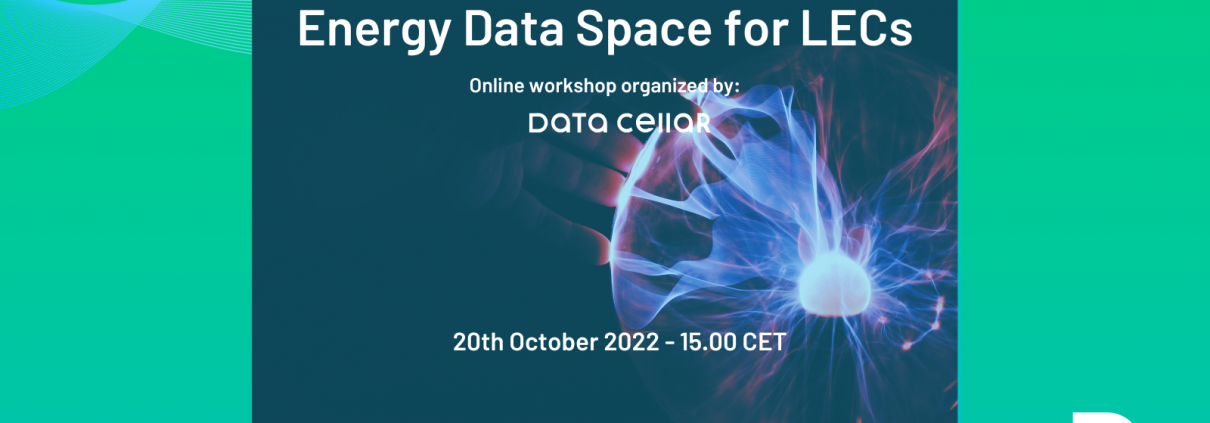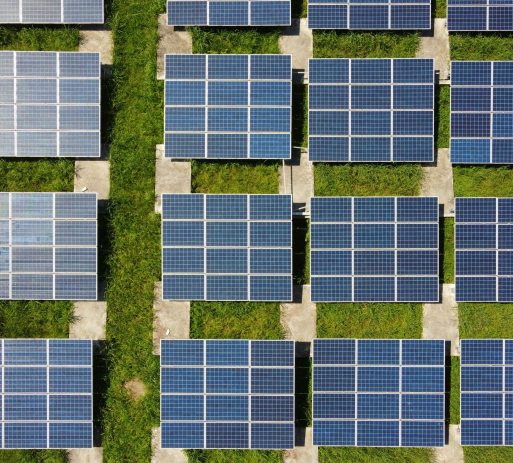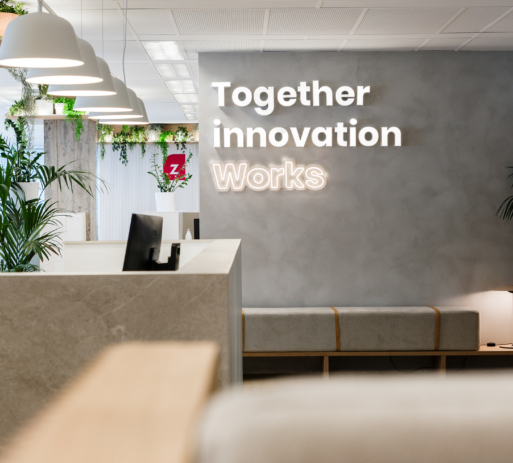Energy Data Spaces for LECs workshop
DATA CELLAR aims to create a federated energy dataspace that will support the creation, development, and management of local energy communities in the EU. The data space population will be facilitated via an innovative rewarded private metering approach, with a focus on an easy onboarding and interaction, guaranteeing a smooth integration with other EU energy data spaces, providing to LEC stakeholders services and tools for developing their activities.
DATA CELLAR would facilitate the implementation of a collaborative platform providing a dynamic, interoperable, modular, and secure energy data space.
The DATA CELLAR federated data space will be validated in nine Validation Cases which represents different Energy communities at different levels of maturity in terms of the status of the energy community.
Therefore, in this workshop, you will be able to learn about two of the validation cases in which we will work for hand in hand with their leaders, one about Island Energy Communities, and another one about Suburban Energy Communities.
Workshop agenda
3.00-3.05 – Welcome and Agenda presentation (Humberto Queiroz, EDP)
3.05-3.15 – Introduction of DATA CELLAR (Martina Gallucio, RINA)
3.15-3.35 – Data Spaces and Open Dei Overview (Anastasis Tzoumpas, UBITECH ENERGY)
3.35-3.55 – Island Energy Communities (Avril Ní Shearcaigh, ARAN)
3.55-4.15 – Suburban Energy Communities (Federico Giani, AEM)
4.15-4.30 – Open Discussion and Q&A
Register here: https://register.gotowebinar.com/register/9190768644343324173
More about data spaces
A data space is defined as a decentralised infrastructure for trustworthy data sharing and exchange in data ecosystems based on commonly agreed principles. Data spaces require the following elements/building blocks:
- Data platforms – Providing support for effective data sharing & exchange as well as for engineering & deployment of data exchange and processing.
- Data marketplaces – Data providers can offer, and data consumers can request data, as well as data processing applications.
- Ensuring data sovereignty – The ability for each stakeholder to control their data by making decisions as to how digital processes, infrastructures, and flows of data are structured, built, and managed.
OPEN DEI as an example of a data platform, which you can learn more about during the workshop
OPEN-DEI is an EU-funded project that fosters the creation of common data platforms based on a unified architecture and an established standard in manufacturing, agriculture, energy, and healthcare.
In the context of manufacturing, OPEN DEI creates an agile value network, promotes excellence, enhances the human factor, and stimulates the sustainability value network. Via OPEN DEI, dynamic solutions can be exploited for designing customized products, while Industry 4.0 concept is promoted by zero defect manufacturing from data driven products and services. Additionally, a view in the future workplaces is demonstrated by humans and autonomous systems collaboration. Finally, OPEN DEI promotes the application of circular economy principles to the manufacturing process.
OPEN DEI contribution to the energy sector occurs in allowing exchanges among market players (e.g., aggregators, consumers/prosumers, etc.), assisting the energy systems integration according to market information updates, while enhancing the physical system infrastructure (e.g., generation, conversion, storage, networks) according to consumers requirements. Finally, OPEN DEI facilitates the digital input of energy sector, delivering higher levels of automation.
In regard of influencing the agriculture sector, OPEN DEI creates a trusted environment for new technologies, establishes standards for data management and information exchange, and creates a validation interoperability solution among platforms and information systems.
Potential expectations from DATA CELLAR project
- Development of innovative business models/services for LECs.
- Benchmarking against similar LEC in terms of self-consumption, flexibility, energy savings.
- Dynamic tools for LEC planning (before) optimization (after).
- Improve and enhance both Recruitment and Engagement.
- Automatic creation of a data-based LEC digital twin.



 Foto de
Foto de 
